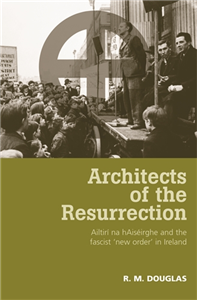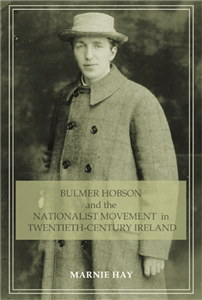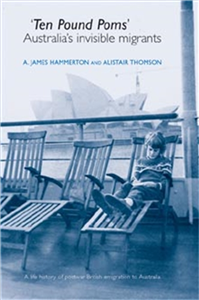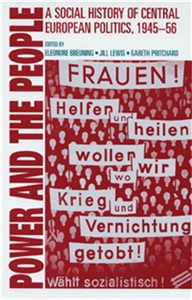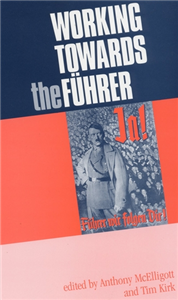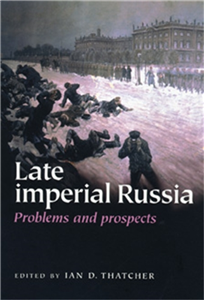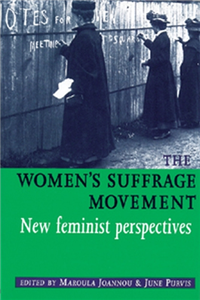Sport and British Jewry
Integration, ethnicity and anti–Semitism, 1890–1970
by David Dee
Sport and British Jewry, available at last in paperback, provides the first wide-ranging examination of the importance of sport in the history of the British-Jewish community. Covering the period from 1890 through to 1970, it examines the peak era of Jewish involvement and interest in sport and physical recreation in Britain in recent times. The book tackles three main themes. First, the author examines the relationship between sport and the integration of the Jewish migrant community of the late nineteenth and early twentieth century. Secondly, the study looks at how sport impacted on Jewish ethnicity. Thirdly, it addresses how sport became linked to expressions of anti-Semitism and Jewish responses to racial discrimination. Sport and British Jewry not only demonstrates the significant impact that Jews had on British sport during this time frame, but also shows the considerable effect that sport had on the lives, experiences and identities of Jews within British society.















